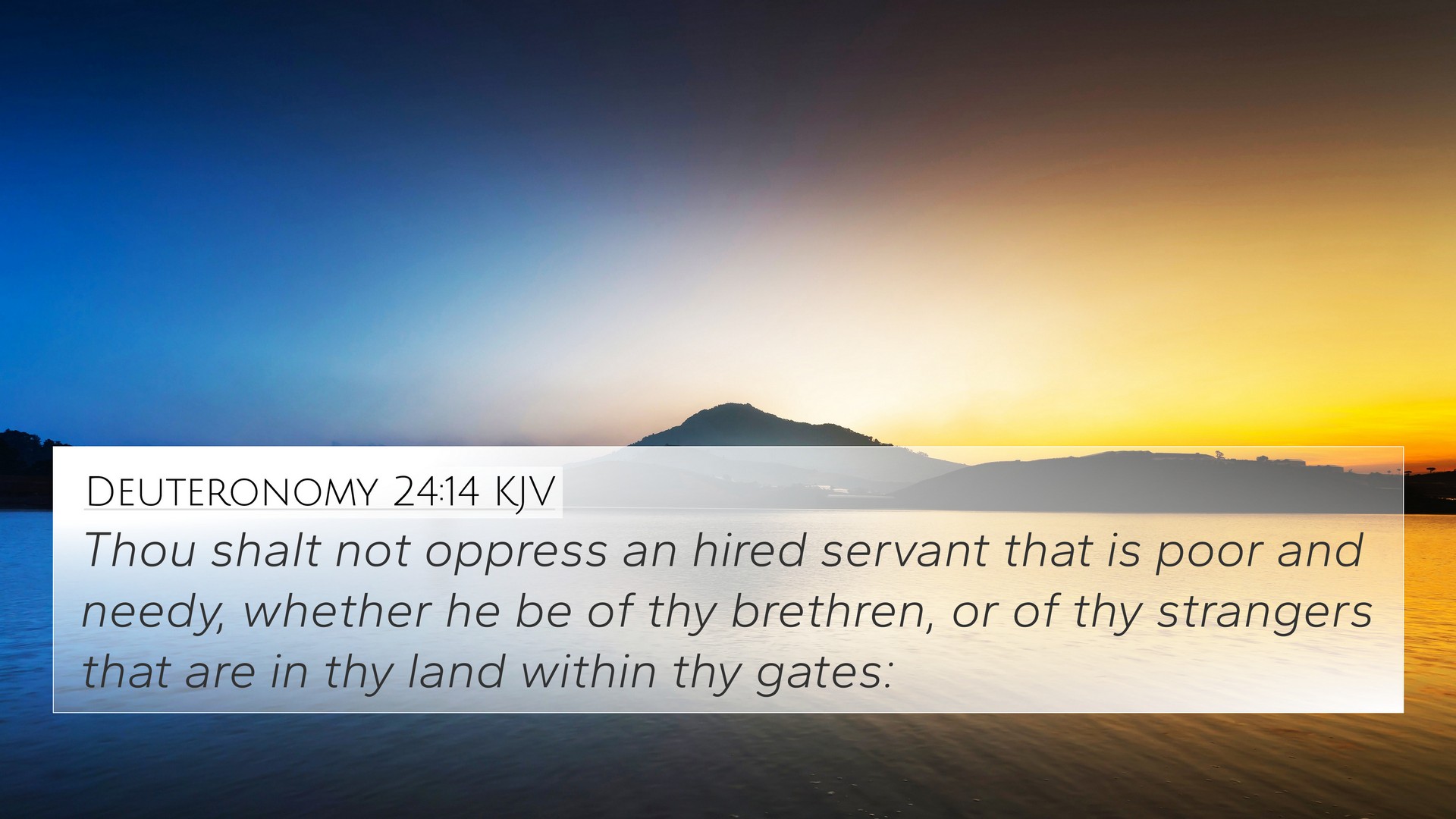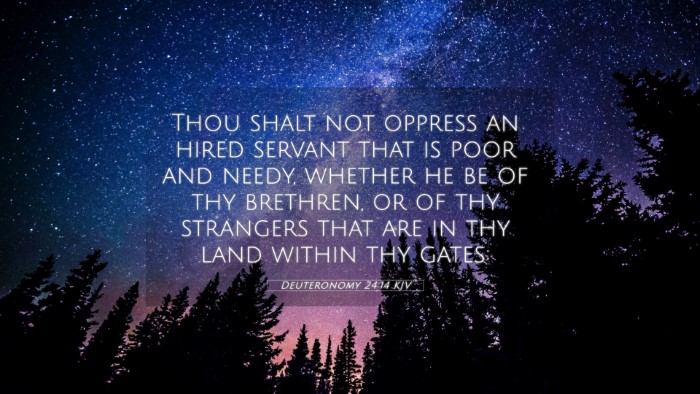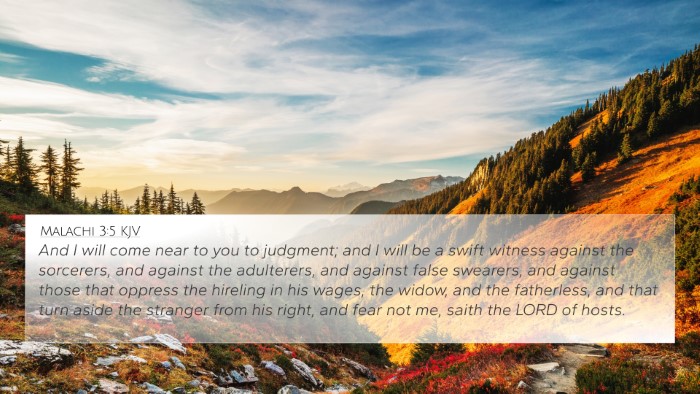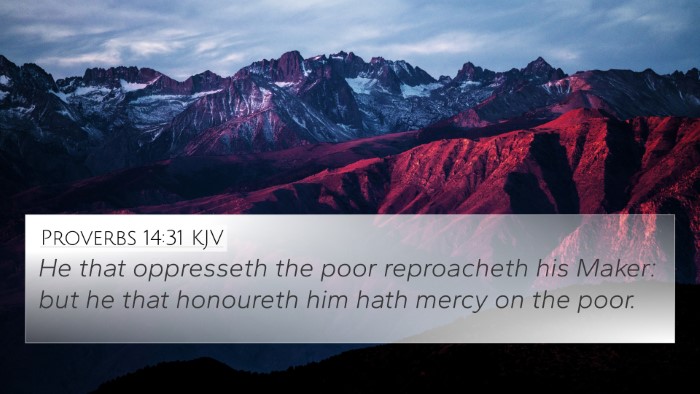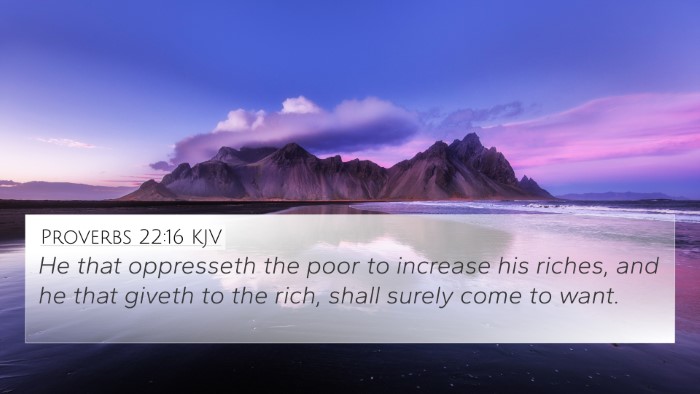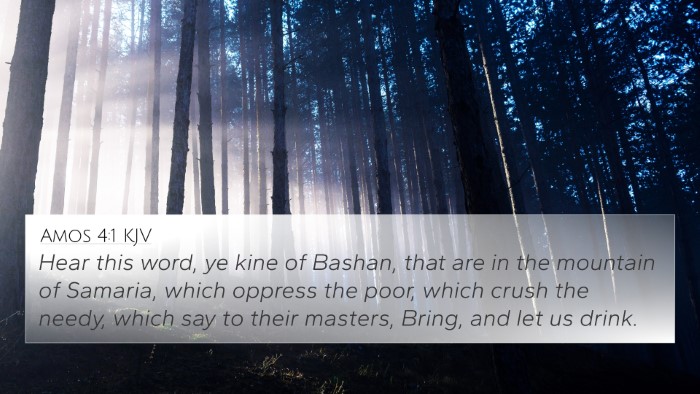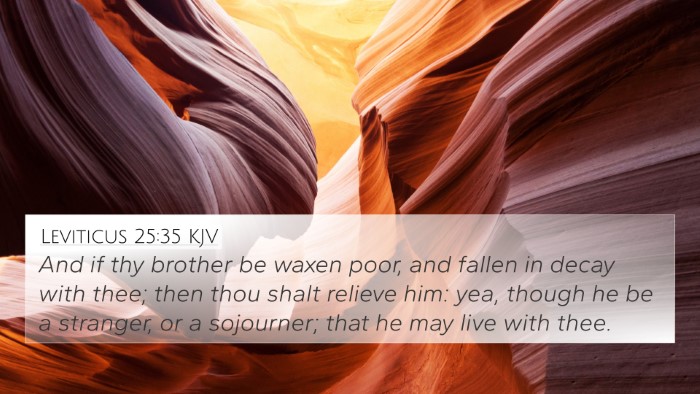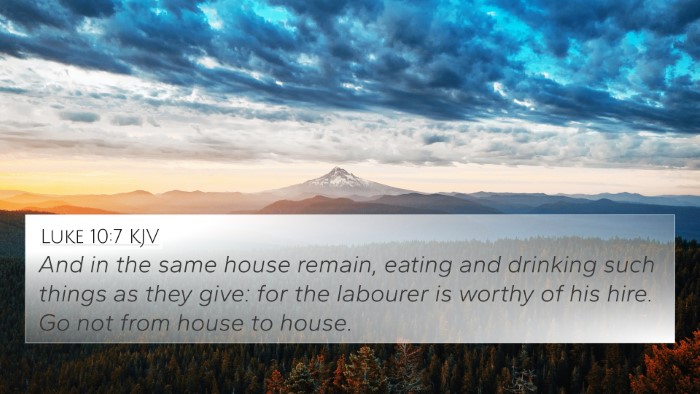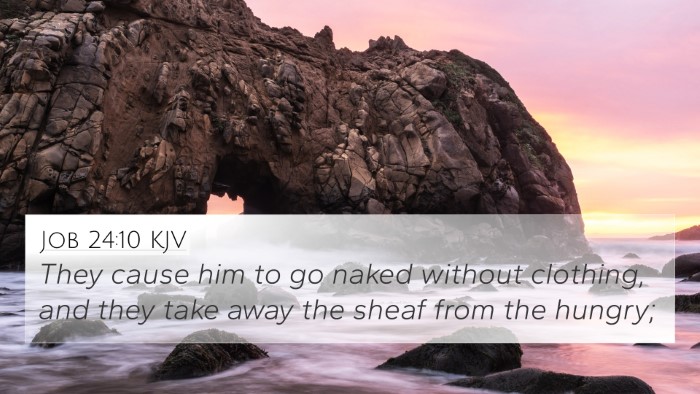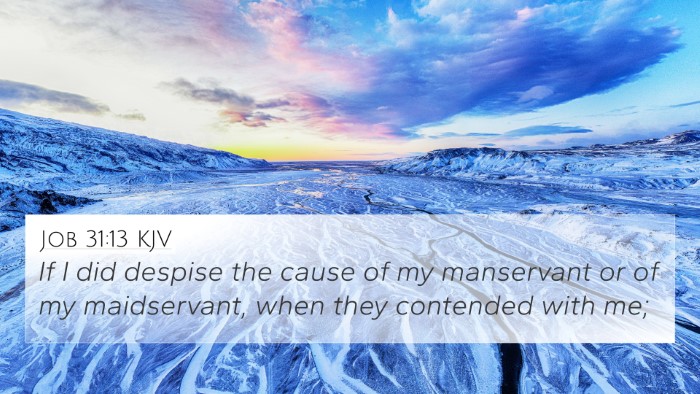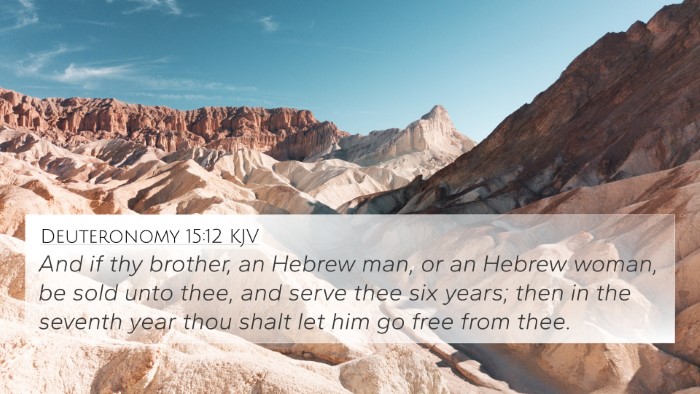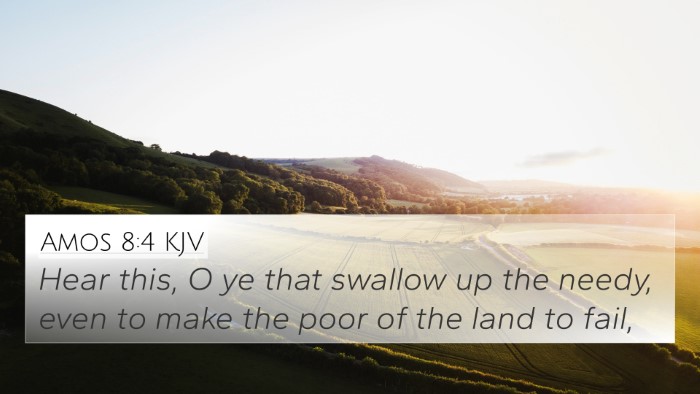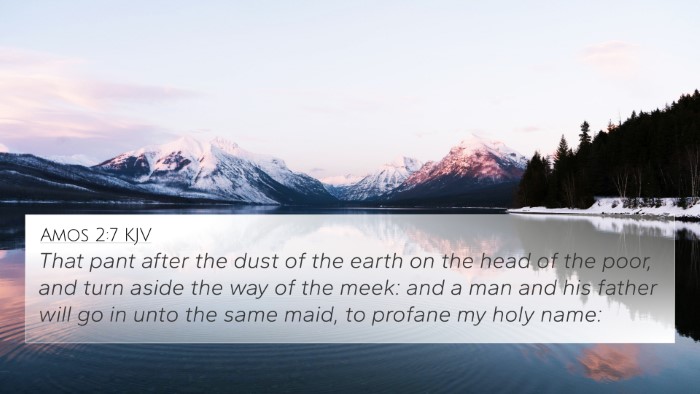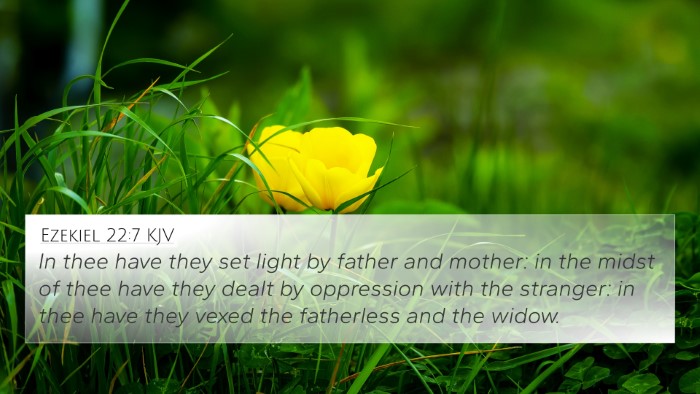Understanding Deuteronomy 24:14
Deuteronomy 24:14 states: "Thou shalt not oppress an hired servant that is poor and needy, whether he be of thy brethren, or of thy strangers that are in thy land within thy gates."
Overview of the Verse
This verse emphasizes the significance of fair treatment for workers, particularly those who are vulnerable and in need. It highlights God's concern for social justice, instructing the Israelites to ensure that their treatment of hired servants—regardless of their nationality—reflects compassion and generosity.
Insights from Public Domain Commentaries
Matthew Henry's Commentary
Matthew Henry expounds on this verse by noting that it addresses the way employers should treat their laborers. He emphasizes that oppression in any form is unjust, particularly towards those who are in a precarious financial position. Henry stresses that God is a protector of the needy and expects His followers to mirror that protection in their dealings with others.
Albert Barnes' Commentary
Albert Barnes highlights the moral obligation of individuals to uphold social justice. He connects this verse to a broader biblical principle regarding the ethical treatment of all individuals, as human beings created in the image of God. Barnes also points out that the term "hired servant" indicates that such individuals deserve respect and fair wages for their labor, underscoring the importance of equity in financial transactions.
Adam Clarke's Commentary
Adam Clarke adds depth by contextualizing this command within the socioeconomic environment of ancient Israel. He stresses that these instructions were particularly necessary in a society where wealth disparities could lead to the exploitation of the poor. Clarke urges that such injustices were not only a breach of human rights but also an affront to divine law, urging all to treat workers with dignity and respect.
Biblical Cross-References
- Exodus 22:21-23: "Thou shalt not afflict any widow, or fatherless child." This passage further emphasizes the care for the vulnerable and God's anger at oppression.
- Leviticus 19:13: "Thou shalt not defraud thy neighbor, neither rob him." It reaffirms the call for fair treatment in economic interactions.
- James 5:4: "Behold, the hire of the laborers who have reaped down your fields, which is of you kept back by fraud, crieth." This New Testament verse echoes the principles of fair wages and justice for workers.
- Matthew 20:1-16: The Parable of the Laborers in the Vineyard illustrates God’s kingdom ethic regarding fairness and generosity towards those who work.
- Isaiah 58:6-7: "Is not this the fast that I have chosen? ... to deal thy bread to the hungry." This highlights the call for social responsibility.
- Deuteronomy 24:15: Directly following, it specifies that workers are to be paid on the same day of their labor, showing God’s concern for their immediate needs.
- Proverbs 22:16: "He that oppresseth the poor to increase his riches, and he that giveth to the rich, shall surely come to want." This warns against exploiting the vulnerable.
- 1 Timothy 5:18: "...the laborer is worthy of his reward." This is a New Testament affirmation of fair compensation for work.
- Luke 10:7: Jesus instructs His followers to "Stay in that house, eating and drinking such things as they give." Another nod to fair treatment among workers.
- Malachi 3:5: "And I will come near to you to judgment; and I will be a swift witness against the sorcerers, and against the adulterers, and against false swearers, and against those that oppress the hireling in his wages." God’s judgment directly associates with the mistreatment of laborers.
Connections Between Bible Verses
The inter-Biblical dialogue surrounding Deuteronomy 24:14 emphasizes recurring themes of justice, compassion, and the ethical treatment of others. These verses collectively reveal God's desire for a society grounded in equity. The connections between these verses encourage believers to approach economic relationships with integrity.
Tools for Bible Cross-Referencing
Utilizing tools such as a Bible concordance or a Bible cross-reference guide can assist in identifying the connections between Deuteronomy 24:14 and other verses. Approaching Bible study through cross-referencing methods can yield rich insights and deepen understanding of scriptural themes.
Thematic Bible Verse Connections
The thematic connections drawn from Deuteronomy 24:14 expose the comprehensive biblical framework that promotes social justice. By engaging with Bible verses that relate to each other, individuals can grasp a holistic understanding of God’s intentions for human interaction and community building.
Conclusion
Deuteronomy 24:14 serves as a poignant reminder of the ethical responsibilities we hold toward those in need. Its implications stretch across both the Old and New Testaments, calling believers to uphold the dignity of all, especially the vulnerable. By exploring cross-references and engaging with the broader biblical narrative, we can fully appreciate the weight and richness of this scripture.
